If you want something to grow, you have to feed it, whether it be a puppy, a plant, or, yes, your muscles. If you are looking to build bulk, you need to give your body the protein it needs to flourish. A protein supplement may be just the thing to help you to improve your muscle mass. But let’s look under the hood. After all, understanding the mechanics of how amino acids help develop that six-pack you covet might affect which protein source you choose.
Protein, which is a team effort between carbon, hydrogen, oxygen, and nitrogen, is the building block of muscle. These amino acids help you build, repair and maintain your muscle tissue, which you savagely break down and tear apart when you exercise. It sounds like awful abuse, but this trauma is necessary for growth. After you torture your muscles with reps or a run, the broken down tissue alerts satellite cells located outside the muscle fiber and instructs it to repair the damage. These repair crews set up their scaffolding and leave you with a bonus of additional muscle mass during the renovation process.
If you have enough protein, you have a positive balance of nitrogen, aka you’re in an anabolic state. This is the state you want to be visiting in order to build muscle. If you travel across state lines into a catabolic state, you have a negative nitrogen balance and your body will use those muscles you slaved for as fuel. Want to lose weight? It is known that you have to burn more calories than you consume – but it is a bit more complicated than that. You want to burn your body’s fat, not its muscle. By consuming protein, you are giving yourself a leg up since you are creating more muscle to burn more calories. According to Men’s Health, a study published in the Journal of Applied Physiology stated that when embarking on the first 20 days of a strength training program, muscles can increase 0.2% every day. This is why a newbie may need to consume more protein than a seasoned athlete. And a 2010 study published in the American Journal of Clinical Nutrition found that those who used a protein supplement gained two pounds of muscle over a 12-week period.
Eating a lot of protein seems like the key to making the most muscle, but cutting out carbs may not be helping. Since your body will need fuel during exercise, having carbs in your system will prevent it from using protein as an alternate source of energy. According to Men’s Journal, a combo of carbs and protein is the best diet for optimum muscle gain. However, very importantly, these carbs need to release sugar very slowly, i.e. be low glycemic in order to avoid insulin spiking. One of insulin’s many actions is to shut down stored fat metabolism. While high glycemic carbs can generate energy, they also prevent our bodies from metabolizing stored fat. You may want to rethink cutting the fat out of your diet too. Fat helps to create testosterone, which builds muscle.
How much protein will you need to get those guns you’ve always wanted? According to BodyBuilding.com, you should consume 30-40 grams of protein at each meal to completely recover between hard workouts. This will give you enough protein without overdoing it in the calorie column. Keeping track doesn’t have to be tough either. Men’s Journal suggests you can monitor the protein you are consuming with a number system: 1,5,10,15,25. 1 gram of protein for a helping of fruit, 5 for an egg or a bunch of your favorite nuts, 10 for a cup of yogurt or milk, 15 for beans or cottage cheese, and 25 for a 3 to 4-ounce piece of meat.
If the thought of eating pounds of chicken and fish before a workout doesn’t float your boat, consider a protein supplement. An SFH shake can be an easier way to get your grams in. The type of supplement does matter. It all comes down to the amino acids. Different protein performs their rebuilding tasks more quickly depending on how your body absorbs them. A post-workout protein should work fast and easily help repair the muscles you have just wrecked with your brute force. When choosing a protein supplement, note that a protein concentrate consists of amino acids that have not been stripped of their source. One that is an isolate has been processed and denatured. What does that mean for your muscles? Isolates have about 5% more protein per serving, but concentrates have more micronutrients and fat. Best case scenario – you go with a non-denatured protein concentrate supplement which can not only help you with muscle development but also maintain your gut health.
Ideally, you will be keeping your body flush in the protein department all day, and when working around your workout schedule, the timing is key. Protein synthesis hits the max about 16 hours after you feel the burn and can keep working for up to 48 hours. Your body can break down proteins for about 24 hours as well. So replenishing those amino acids should be a high priority. Pre and post workout supplements can feed your muscles the energy they need. Pre-workout supplements ensure that your body has access to the fuel you need while you exercise which lets you push yourself longer and harder. Post workout supplements repair and replenish your body, building muscle and preparing you for the next time you train.
Remember that you have a small window to get that protein into your system when you are conditioning. For a pre-workout shake, you could drink SFH’s FUEL 30 minutes prior to your training. Your best bet is to get your protein drink on, such as SFH’s RECOVER, within an hour of your sweat session.


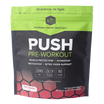

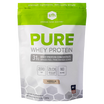
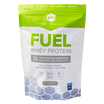

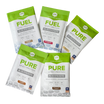
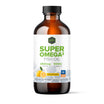
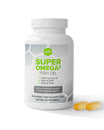
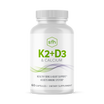
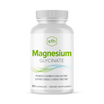
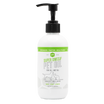
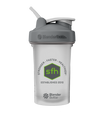

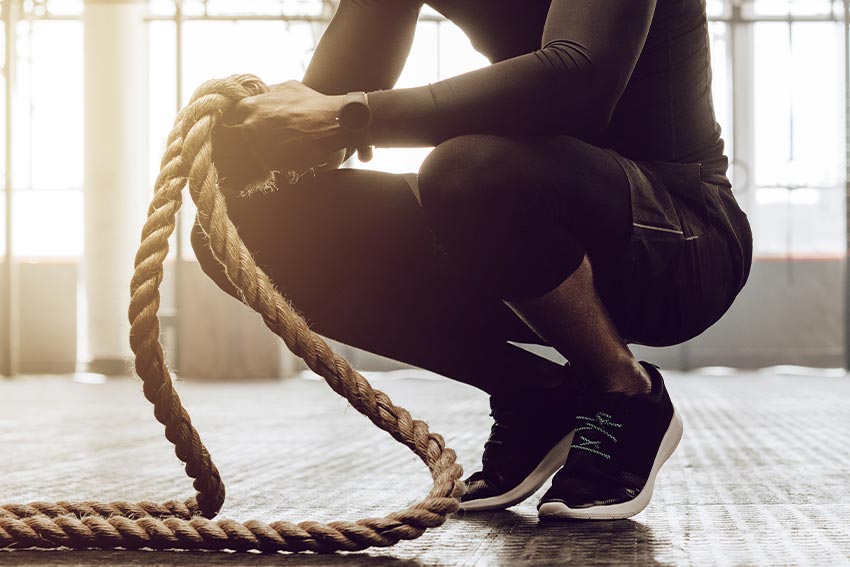


Leave a comment
This site is protected by hCaptcha and the hCaptcha Privacy Policy and Terms of Service apply.